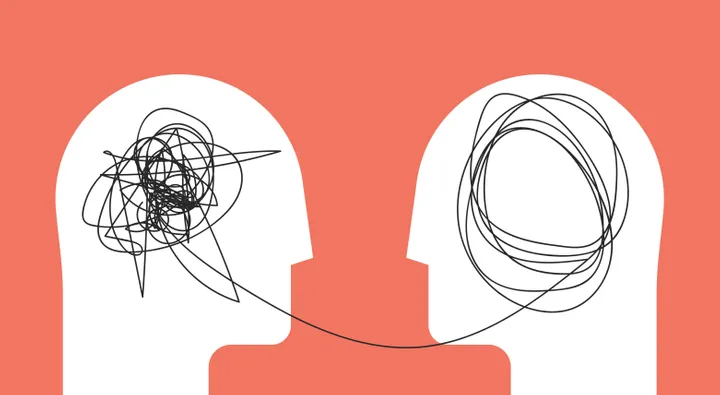In order to maintain their licensing, all mental health professionals must earn a certain number of Continuing Education credits every year through the American Psychological Association (APA). The APA is the scientific and professional organization for psychologists, and one of its largest licensing bodies, so their recent decision to rescind Continuing Education credits offered to mental health professionals for all Somatic Programs will have major impact. Because of this decision by the APA, fewer practitioners will learn about these integrative therapeutic modalities. Thus, fewer will offer them to patients.
WHAT IS SOMATIC THERAPY?
Somatic therapies focus on the mind/body connection. Rather than traditional talk therapy like, cognitive behavioral therapy (CBT), dialectical behavioral therapy (DBT), psychodynamic therapy, humanistic therapy, and others which focus on the mind and emotions, somatic therapies explore the body sensations and patterns connected with thoughts and feelings. Examples of Somatic Therapies include Eye Movement Desensitization and Reprocessing (EMDR), EFT, and Somatic Experiencing. Many practitioners believe that trauma is deeply rooted in physical patterns, and that when these are released, the emotional adaptations caused by the trauma are more easily released as well, resulting in increased feelings of freedom, balance, and well-being.
WHY THIS DECISION?
Emerging modalities, particularly holistic ones, often take some time to become respected or accepted. Though there are many, very positive testimonials from participants and practitioners of somatic therapies, there hasn’t been much academic research in the field. For the APA, Randomized Control Trials (RCTs), are the gold standard. These are tightly controlled studies with various groups receiving both real and placebic therapies. The placebo group is a “control” on the study, demonstrating a baseline trajectory of patients who don’t receive the particular therapy being tested.
Getting measurable, reliable results from RCT’s in the often multi-factored and nuanced field of mental health, is challenging and expensive. Many have pointed out that scientists like Einstein, Marie Curie and Stephen Hawking did not use RCT’s to prove their theories! Observation is a powerful tool, however undervalued in today’s scientific community. Perhaps as investigations in the field progress, researchers will develop newer, well-respected, reliable, evidence-based ways to measure the often-spectacular results somatic therapies offer.
WHY DOES THIS MATTER?
Because the APA has disallowed Continuing Education credit for the entire field of somatic therapy, the availability and reputation of these therapies is likely to shrink. Training programs will attract fewer practitioners, and thus there will be less awareness in the mental health community about the benefits of somatic therapy. New clients might be less inclined to trust these modalities as they are not approved by “mainstream” authorities.
SOMATIC THERAPY AT MONTARE
At Montare, we believe in a holistic approach to healing. Our philosophy is that body, mind, and spirit are intertwined, and thus each needs to be considered in a comprehensive healing plan. We offer cutting-edge treatments with a proven track record of creating positive, lasting change in our clients.

